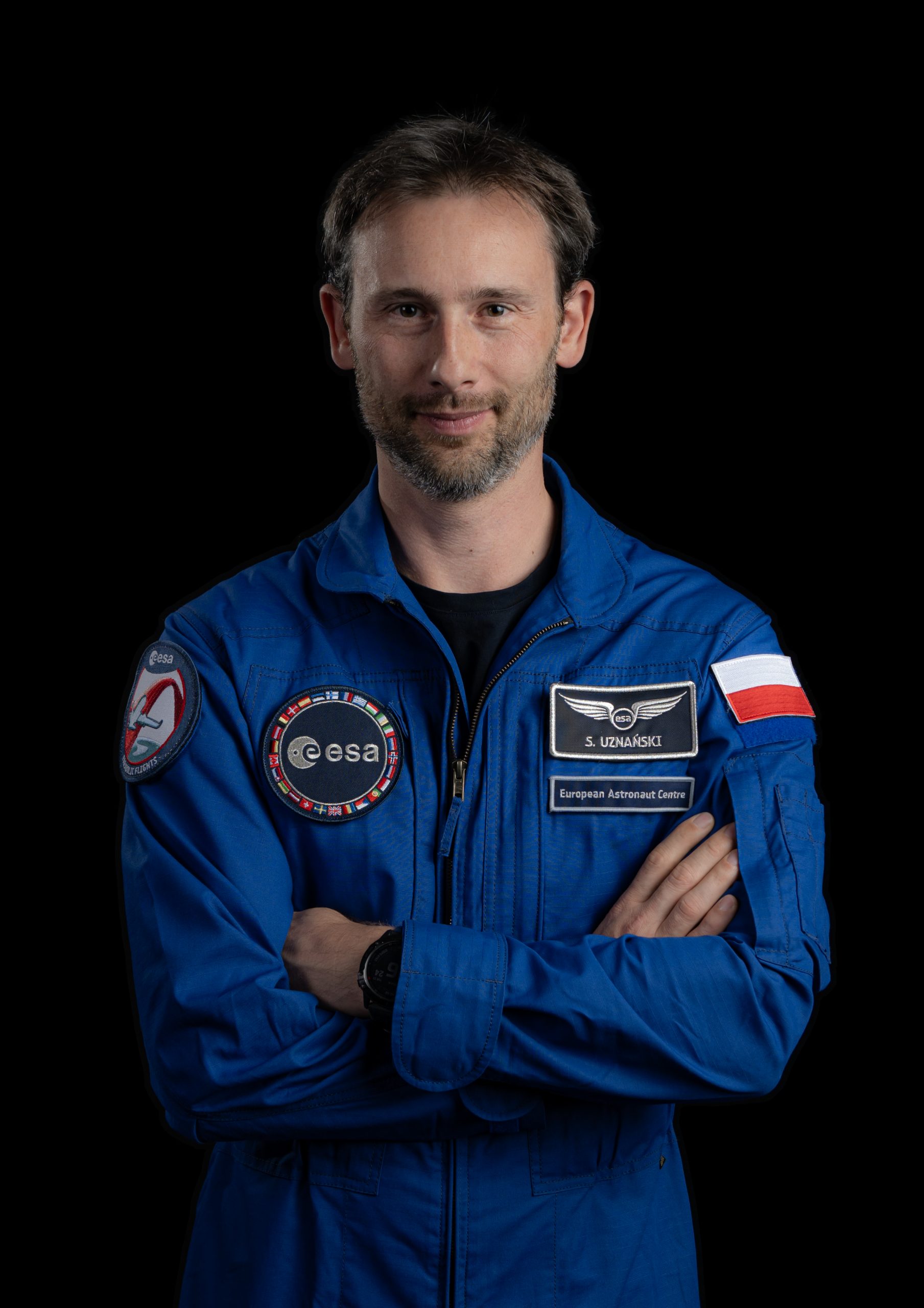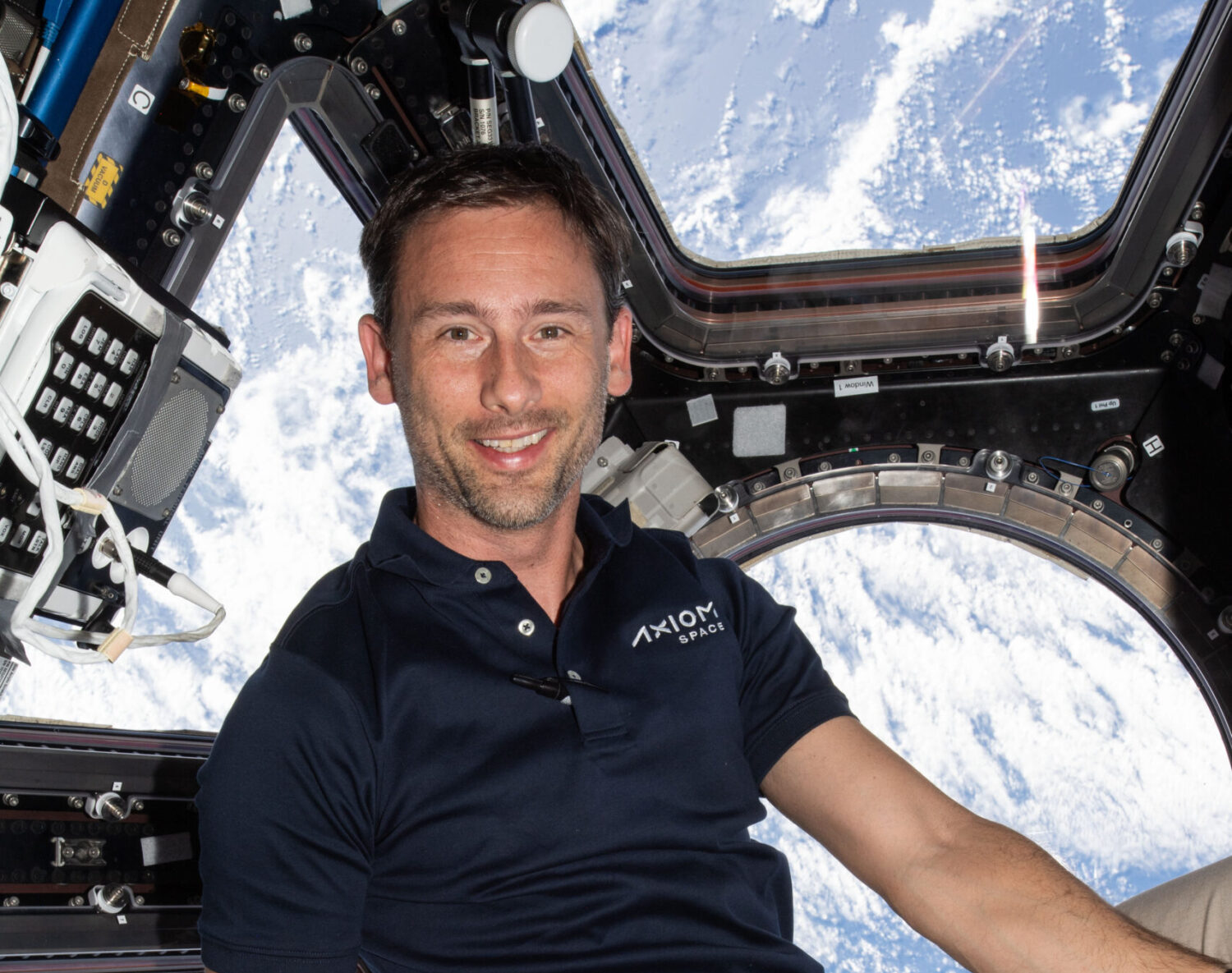
Sławosz Uznański
(English) Mid-mission update: Sławosz’s first week on the Space Station
(English) The Axiom Mission 4 (Ax-4) crew arrived safely at the International Space Station on 26 June 2025. Since then, ESA project astronaut Sławosz Uznański-Wiśniewski has hit the ground—well, the microgravity—running, diving straight into science, education and outreach as part of this packed two-week mission.


